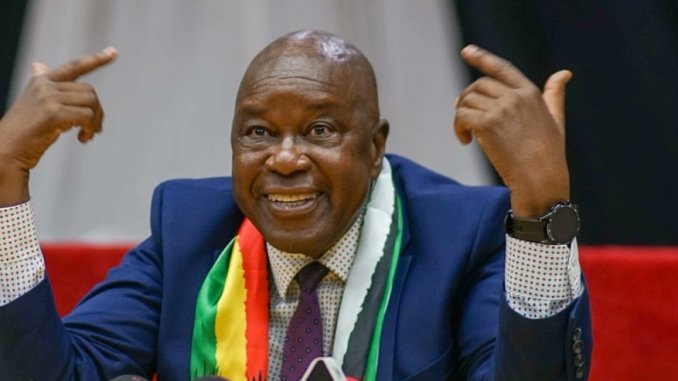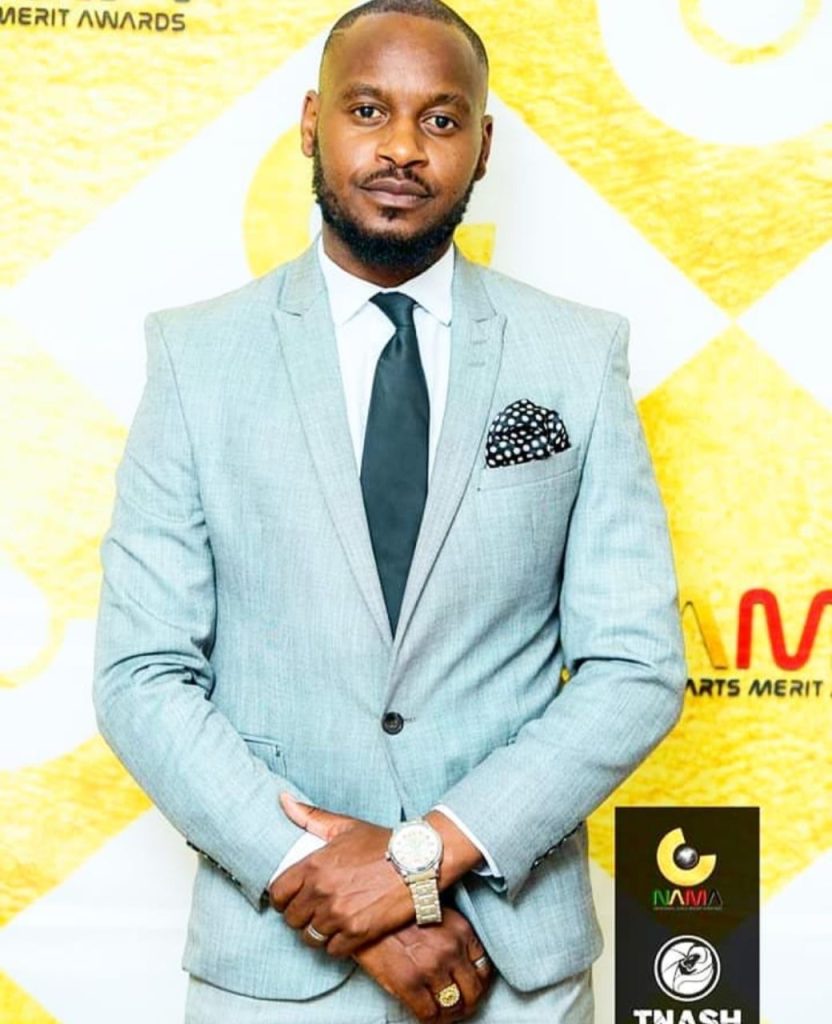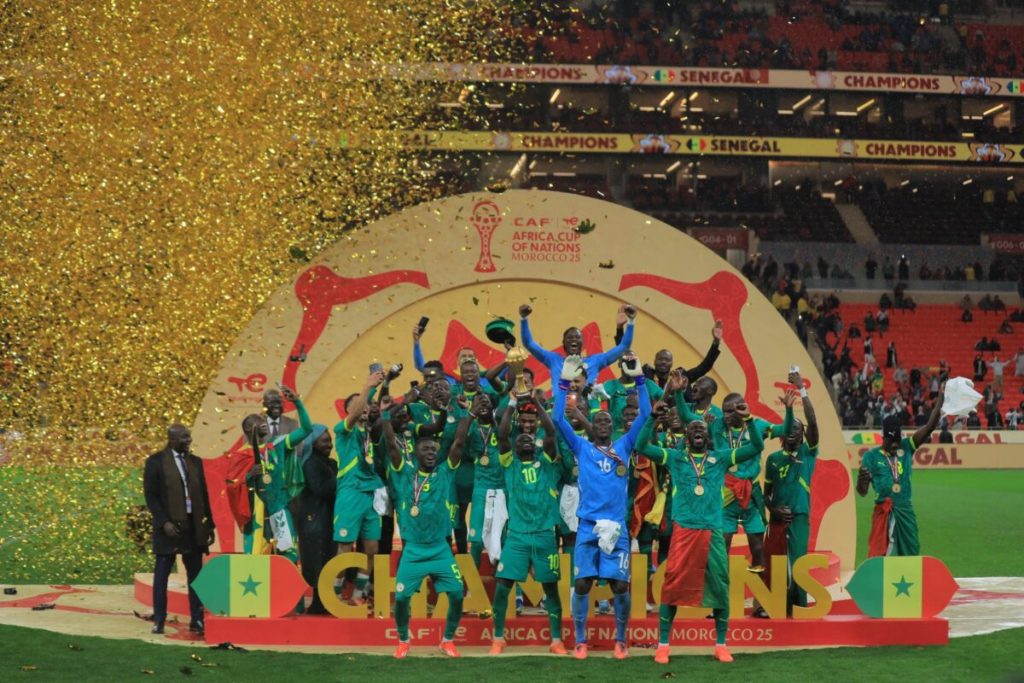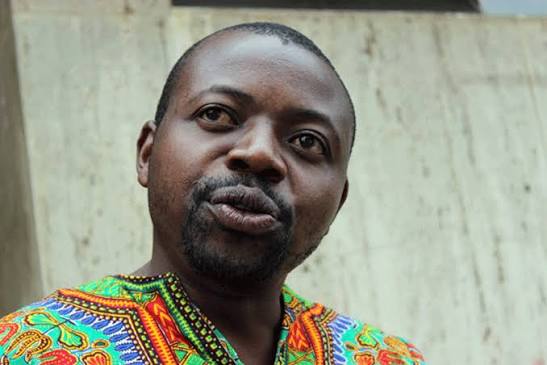By Political editor
Harare — Zanu PF spokesperson Christopher Mutsvangwa has laid bare the reasons behind Robert Mugabe’s dramatic fall from power in November 2017.
Mutsvangwa’s remarks, dripping with revolutionary rhetoric, exposed the ruling party’s ‘intolerance’ for dynastic ambitions while simultaneously casting an uncomfortable spotlight on President Emmerson Mnangagwa’s own controversial power consolidation efforts through the so-called Agenda 2030.
Addressing the media on Tuesday, Mutsvangwa lashed out at Mugabe’s alleged dynastic ambitions, which he attributed as the reason for ousting Zimbabwe’s longest-serving leader, leaving no room for interpretation.
“The reason why President (Robert) Mugabe had to be removed is very clear, along the way he had decided to create a dynasty out of this country.
“He was moving with his own succession agenda outside the context of the Zimbabwe people,” said Mutsvangwa.
Mutsvangwa described Mugabe’s final years as a constitutional aberration, where “his house and household became a courthouse of intrigue against the constitution of Zimbabwe.”
According to Mutsvangwa, this behavior triggered the November 2017 military coup that eventually installed Mnangagwa.
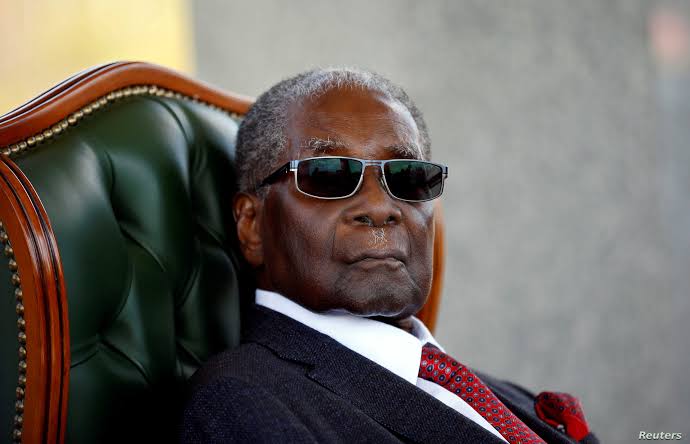
His scathing indictment reached its crescendo when Mutsvangwa recalled Grace Mugabe’s infamous declaration that her husband’s “ghost would continue to rule from the grave,” a statement he framed as the ultimate betrayal of Zimbabwe’s liberation ethos.
Ironically, the very script Mutsvangwa decried appears to be unfolding under a new protagonist, the Agenda 2030, being advanced by Mnangagwa’s inner circle.
Agenda 2030, a campaign to extend Mnangagwa’s grip on power beyond the two-term limit, is increasingly being viewed as a constitutional sleight-of-hand to extend presidential term limits.
This uncomfortable symmetry hasn’t been lost on critics who see Mnangagwa’s maneuvers as potentially more sophisticated but equally self-serving as Mugabe’s failed dynastic project.
Zanu PF party insiders say the maneuver mirrors Mugabe’s failed succession scheme, not least because it would pave the way for Mnangagwa to establish his own political dynasty, potentially involving his family and close allies.
This juxtaposition has ignited tensions within the ruling party.
Although Mutsvangwa drew a clear line between Mugabe, whom he branded a “dynastic pretender,” and Mnangagwa, whom he described as a “constitutionalist,” the developments on the ground suggest an uncomfortable parallel.
The strategic offering of residential stands to Central Committee members, announced by Political Commissar Munyaradzi Machacha at Mnangagwa’s Pricabe farm over the weekend, reeks of the kind of patronage politics that Mugabe perfected.
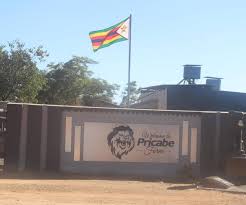
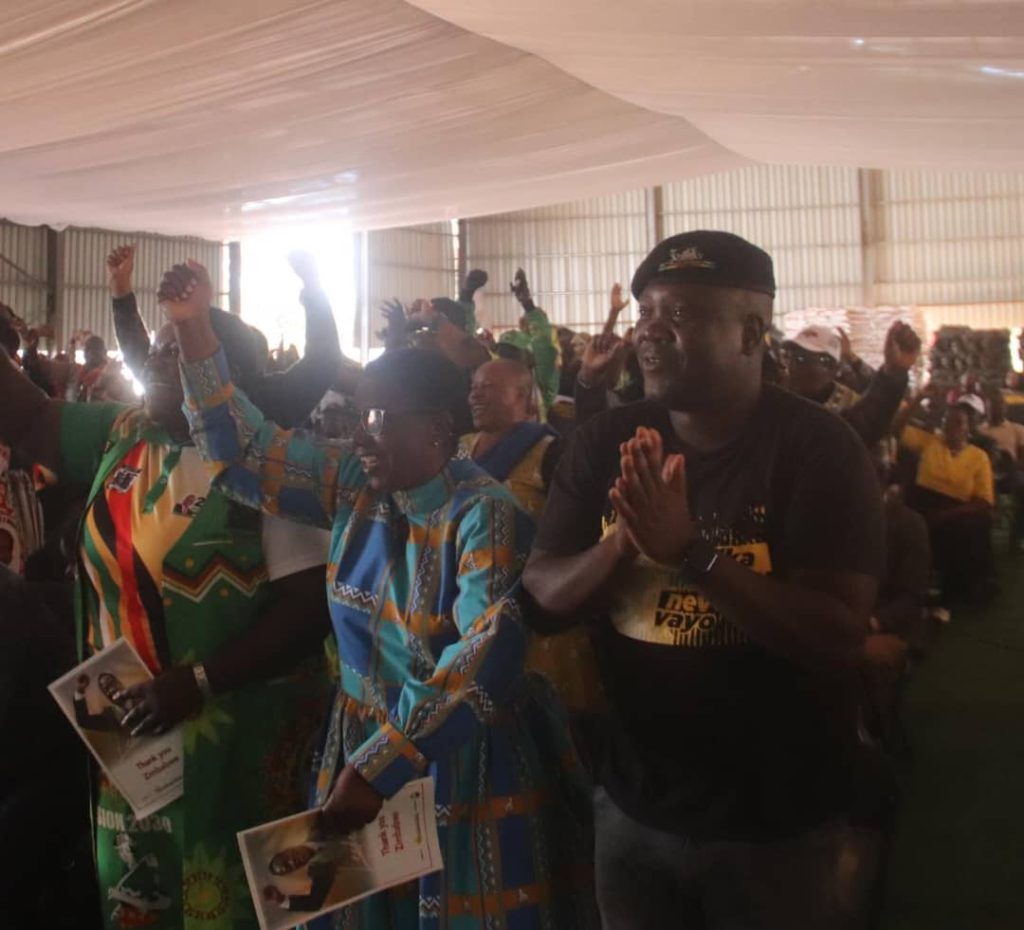
Only 93 out of 300 Central Committee members attended, with party insiders attributing the snub to political fears of not wanting to be associated with factional wars.
Both vice presidents and Zanu PF second secretaries, Constantino Chiwenga and Kembo Mohadi, national chairperson Oppah Muchinguri-Kashiri, secretary of administration Obert Mpofu, and party spokesperson Mutsvangwa snubbed the meeting.
The meeting, reportedly bankrolled by controversial business tycoon Kuda Tagwirei, revealed the intricate web of patronage being woven to cement political loyalty ahead of crucial succession battles.
Internal fault lines within Zanu PF are becoming more visible.
At the center of the storm is Brigadier-General Fidelis Mhonda, commander of the Presidential Guard Brigade, whose office was recently broken into in what sources say was a high-level message to a man accused of militarizing political protection.
Mhonda allegedly facilitates unconstitutional protection for Mnangagwa loyalists providing them with state security in return for monthly kickbacks reportedly amounting to US$25,000.
A recent video by war-veteran-cum-person of interest Bombshell Geza titled “Generals for Sale” alleges that Mhonda has essentially converted national security assets into a private enforcement wing for a political clique.
Factional battles are intensifying, with one bloc pushing the Agenda 2030 campaign and another growing increasingly disillusioned with what it sees as betrayal of the liberation ideals.
While the Mnangagwa camp clings to power under the guise of constitutionalism, murmurs within Zanu PF suggest a restive war veteran class and sidelined elites who see in Mnangagwa the very traits they once used to justify Mugabe’s ouster.
Meanwhile, the opposition has been bludgeoned into strategic irrelevance.
Years of targeted arrests, judicial harassment, and co-option of opposition MPs through recalls and internal sabotage have left the opposition fractured and politically castrated.
With little effective resistance outside Zanu PF, the battle for Zimbabwe’s political soul has moved inward, manifesting as a fierce factional brawl within the ruling party itself.
Mutsvangwa declared, “Whenever a leader becomes bigger than the revolution we deal with him because that is the tradition of Zimbabwe.”
That very tradition may soon be tested once more, not by an opposition uprising, but by history’s own boomerang—as the party confronts the emergence of what critics described as yet another “dynastic pretender” cloaked in revolutionary rhetoric.
